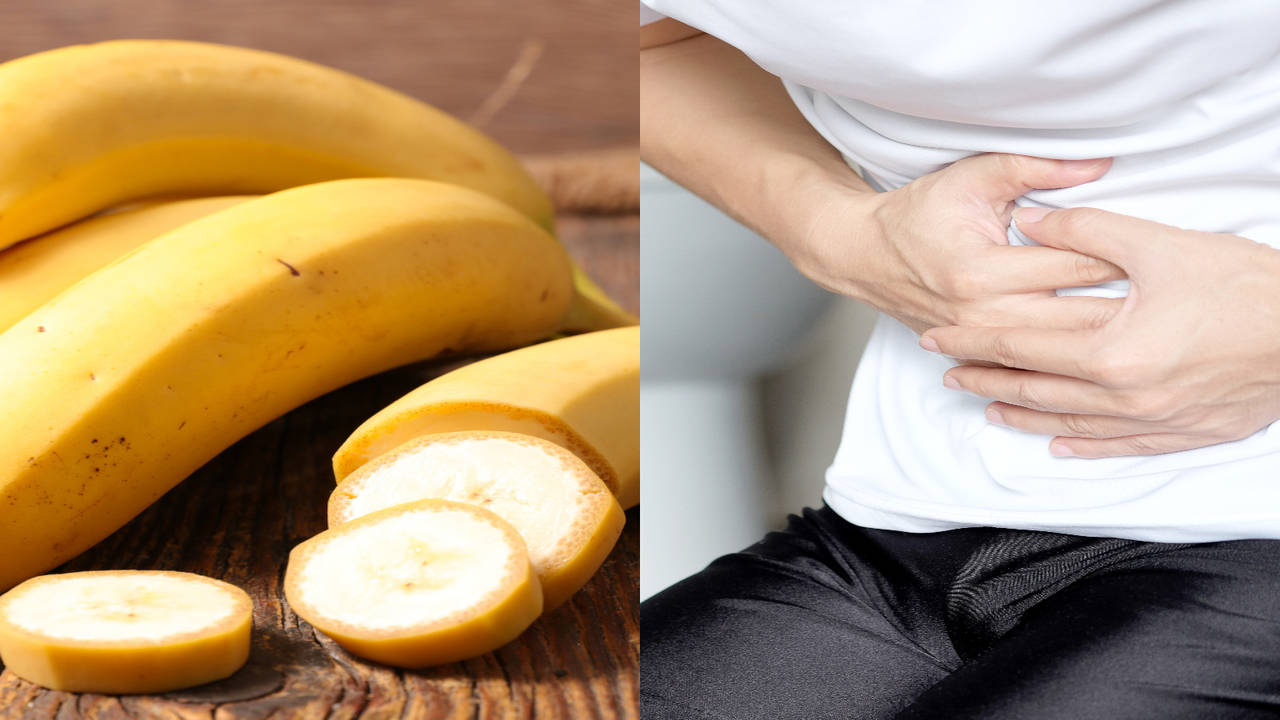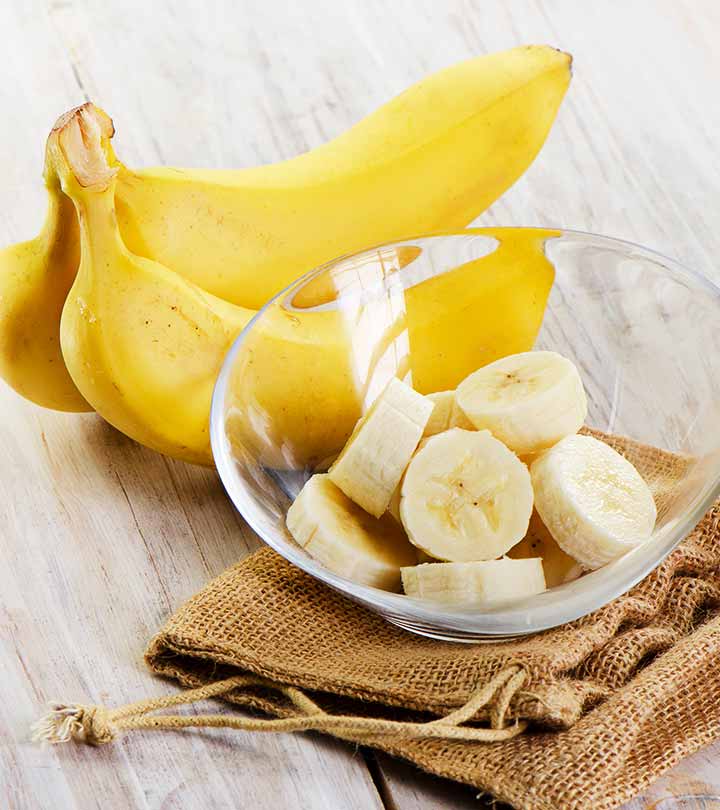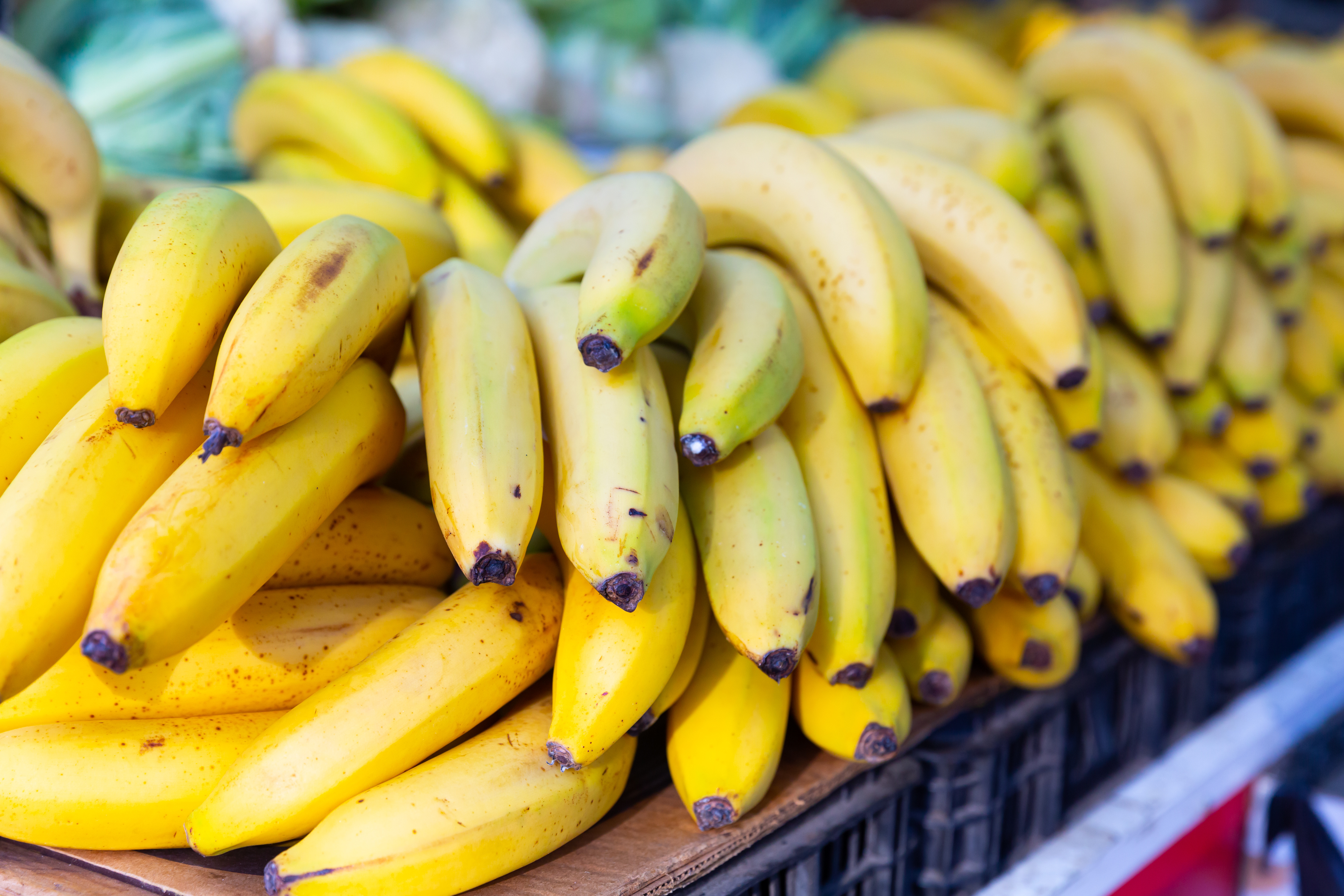It’s already known that bananas are among the healthiest fruits, but there are people who should avoid them.
Bananas contain four times more protein, three times more phosphorus, five times more Vitamin A, and twice as many vitamins and minerals. They are also rich in potassium and fiber.

Bananas contain three natural sugars – sucrose, fructose, and glucose, combined with fiber. That’s why a banana gives you an instant energy boost that lasts. Nutrition experts have noted that a single banana is enough to sustain 90 minutes of intense physical effort. It’s no wonder it’s the favorite fruit of high-performance athletes. Rich in fiber and probiotics, bananas help to restore normal activity of the digestive system and treat you without having to resort to laxatives.
Studies have shown that bananas reduce blood pressure, with two such fruits per day lowering it by 10%. Ten bananas a day can reduce blood pressure almost as much as medications, thanks to the potassium content, as shown by a study cited by Suite101.com. Unfortunately, however, the banana is not the perfect fruit, at least in some cases. People who suffer from allergies may have reactions to this fruit, but the same can happen in the case of others, such as kiwi, mango, avocado.

A fairly well-known nutritionist in the United States – Dr. Daryl Gioffre, creator of AlkaMind, says that although they are rich in magnesium, fiber, and potassium, bananas contain a lot, a lot of sugar. Therefore, bananas are completely forbidden for those who suffer from diabetes.

In addition, the sugar contained in a banana leads to the acidification of the body, even causing an imbalance in the pH of the intestinal flora. Yes, it seems that bananas consumed on an empty stomach, without another food to ease digestion, can cause inflammation and even indigestion.